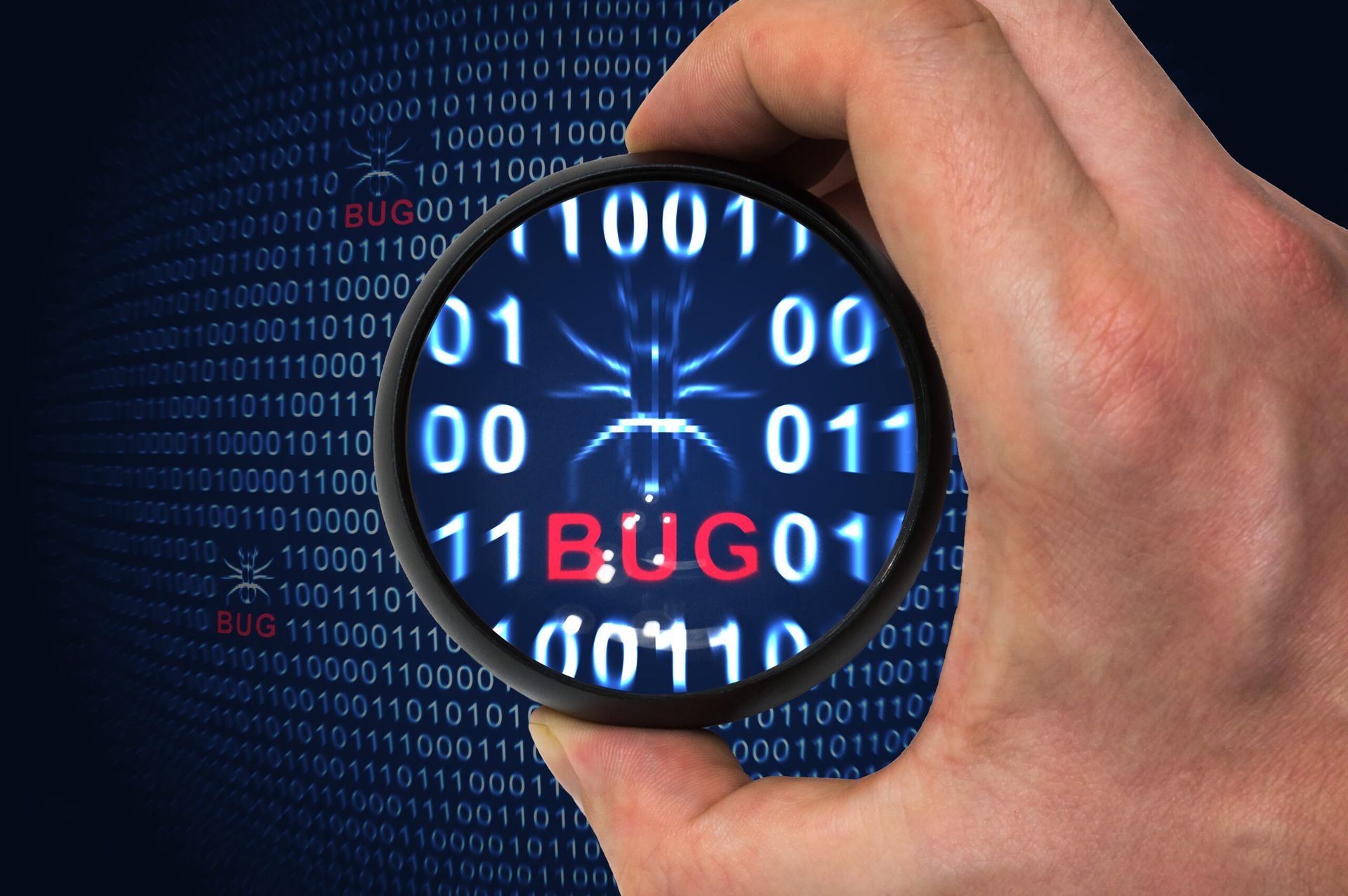In the latest instance of what has become a regular occurrence, many members of the House of Representatives have requested more information regarding the security of America's electoral system.
The latest case has representatives from 18 of the 21 states whose elections were purportedly targeted by Russia asking House Speaker Paul Ryan (R-Wisc.) in a letter for a full briefing to be delivered to Congress by the Department of Homeland Security and the FBI and for him to direct the proper Congressional committees to investigate the attack.
“When a sovereign nation attempts to meddle in our elections, it is an attack on our country,” the letter stated.
The representatives listed a litany of reasons why the lawmakers believe such a briefing and extensive investigation is needed, including researchers' hacking of voting machine technology at DEF CON last summer, breaches of voter registration databases and voter records, and the fact that 20 percent of voting takes place on machines that lack a paper backup.
“The attacks in 2016 were not a one-off occurrence. In March 2017, then-FBI Director James Comey testified before the house Permanent Select Committee on Intelligence that: '[T]hey'll be back. They'll be back in 2020. They may be back in 2018,'” the letter said.
While not directly tied to potential election hacking, an NBC News study found that past tweets sent from the accounts of known Russian trolls during the 2016 campaign typically coincided with major election news. Spikes in Twitter traffic were seen immediately after Donald Trump was declared the Republican nominee, the day after Hillary Clinton was tapped by the Democrats, and when she jumped ahead of Trump in the polls in late August. Even the terror bombing that took place in the Chelsea section of New York City in September 2016 elicited a bump in tweets.
The tweets were designed to generate fear and anger among Americans toward specific groups, such as Muslims, Ben Nimmo, a senior fellow at the Atlantic Council think tank, told NBC News.
NBC said it looked at 202,973 tweets from 454 of the 2,752 Twitter accounts identified by Congress as being Russian controlled.



